Picture this: you or someone close to you is struggling with a disease that’s often misunderstood, frequently stigmatized, and might even at times feel defeating.
What is this disease’s name? Substance use disorder.
Before diving deeper into the meaning of rehab, let’s unravel what substance use disorder is. According to the Diagnostic Statistical Manual of Mental Health Disorders – Fifth Edition (DSM-5), substance use disorder develops when an individual continues using alcohol or drugs despite experiencing significant impairment, including health problems, disability, and failure to meet responsibilities. It’s crucial to understand that addiction is a medical condition, not a loss of willpower or moral standing.

This powerful illustration represents a young man entangled in the chains of drug addiction, seeking knowledge about what ‘rehabilitation’ means during a confrontation.
Rehabilitation – or rehab as it is more commonly referred to – serves as the beacon of light, offering hope for those trapped by this disorder.
But what does rehab mean in the context of drugs and alcohol?
To disseminate any misleading interpretations, rehab isn’t just about detoxifying the system from these substances: the meaning of rehab is a complex, encompassing plan developed uniquely for each individual to aid them on their recovery journey. Let’s delve into what makes up this journey.
Primarily, rehabilitation centers focus on detoxification. According to a 2018 study published in The Journal of Addiction Medicine, detoxification is one phase of treatment where the principal objective is to manage acute intoxication and withdrawal symptoms. This process clears the body of any harmful substances from drugs or alcohol.
After detoxification follows therapy—the heart of drug rehabilitation treatment. Individual therapy focuses on changing behavior patterns that lead individuals toward substance abuse. Group therapy shifts the focus onto peer discussion, aiming to foster support amongst patients walking on common grounds, according to the Substance Abuse and Mental Health Services Administration (SAMHSA).
Yet another crucial component is medication-assisted treatment (MAT). The U.S. National Institute on Drug Abuse (NIDA) advocates for MAT’s use in rehabilitation, stating that when combined with behavioral therapies, it provides a holistic approach toward treatment. Medications can help manage withdrawal symptoms, reduce cravings, and even re-establish normal brain functions.
Family sessions are also critical to the recovery journey. A 2017 Journal of Substance Abuse Treatment study found that family participation in their loved one’s process could improve communication within the family unit, leading to better outcomes.
Education serves as the foundation of all therapies. Patients learn about their substance use disorder – why and how it evolves, its effects on their bodies and minds, and most importantly, ways to prevent relapse and heal trauma.
Part of these strategies involves introducing healthier ways to cope with stress, like yoga or mindfulness, as a 2018 review in the Journal of Alternative and Complementary Medicine recommended. Rehab centers often include these modalities as a form of holistic treatment.
While the roadway to recovery isn’t accessible, rehabilitation offers the necessary support for this journey— whether it’s via detoxification, individual therapy, or soothing family sessions.
It’s not about ‘fixing’ an individual but phasing them towards a healthier existence —a life free from the shackles of substance use disorder and addiction.
Remember, reaching out for help doesn’t mean quitting; it means taking charge of your life. And if you or someone you know is battling substance abuse disorder—it’s okay to reach out. When people get sober many times their mental health issues may arise or become accentuated. Dual diagnosis, or the disorder of substance abuse and mental health, is common and can be treated in parallel, such as at Refresh Recovery in San Diego.
We must continue to debunk stereotypes around rehab – understanding what it means can save lives. So, let’s keep talking about it because every conversation might be a step closer to someone needing a better tomorrow. Every point of enlightenment might be an inviting hand beckoning them onto their path toward recovery.
By Ashley B.

